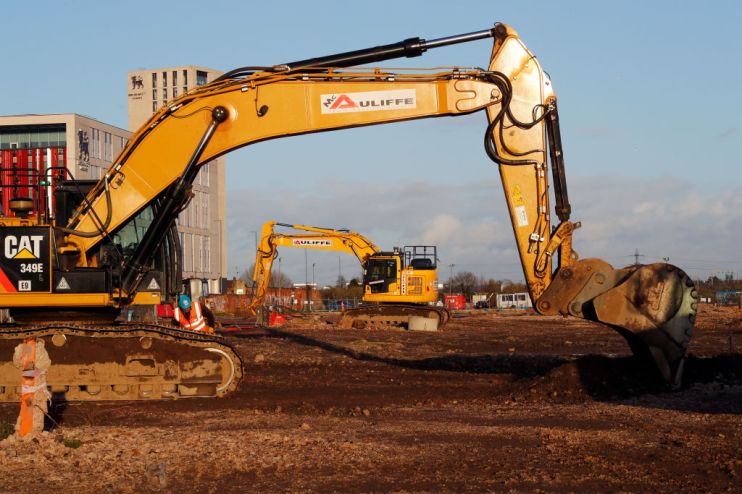Ashtead warns on profit as coronavirus hits equipment hire demand

Equipment rental firm Ashtead Group has warned on profit for the full year due to a slump in demand caused by the coronavirus lockdown.
The London-based company today said it expected pre-tax profit of roughly £1.05bn for the year to the end of April, down from £1.11bn last year.
The revised figures come as Ashtead faces lower demand for its products, which include diggers, construction tools and power generation for major events.
Rental revenue for the company’s US division is expected to be down 15 per cent year on year in April, driven largely by a decline in its general tools business.
This was mitigated in part by rising demand for equipment to support the response to the pandemic, including hospital and care services, as well as telecoms and utility suppliers.
Ashtead said it has taken a number of measures to cut costs during the crisis, including slashing capital expenditure to £500m from an initial range of £1.1bn to £1.3bn.
It has also paused its share buyback programme and put a freeze on new hires.
The FTSE 100-listed firm today said it has secured an additional $500 (£402m) debt facility, increasing its total to $4.6bn for the next 12 months.
“Ashtead has weathered the first part of the current crisis rather well, buoyed by the fact its stores have been designated essential services and allowed to continue trading,” said Nicholas Hyett, equity analyst at Hargreaves Lansdown.
“Having said that Ashtead is a cyclical business. While survival is a good starting point the group needs the economy, and construction sector in particular, to be on an even keel if it’s to thrive. While government spending on infrastructure is likely to increase in the short term, a boom in the wider construction sector looks like a big ask.”
Ashtead chief executive Brendan Horgan: “I am certain the swift actions we took during these unprecedented times and the strength of our balance sheet will serve the group well.”
“These factors, when combined with the diversity of our products and end markets, contribute to the strength of our long-term business model and put the board in a position of confidence to look to the coming financial year as one of strong cash generation and strengthening our market position.”